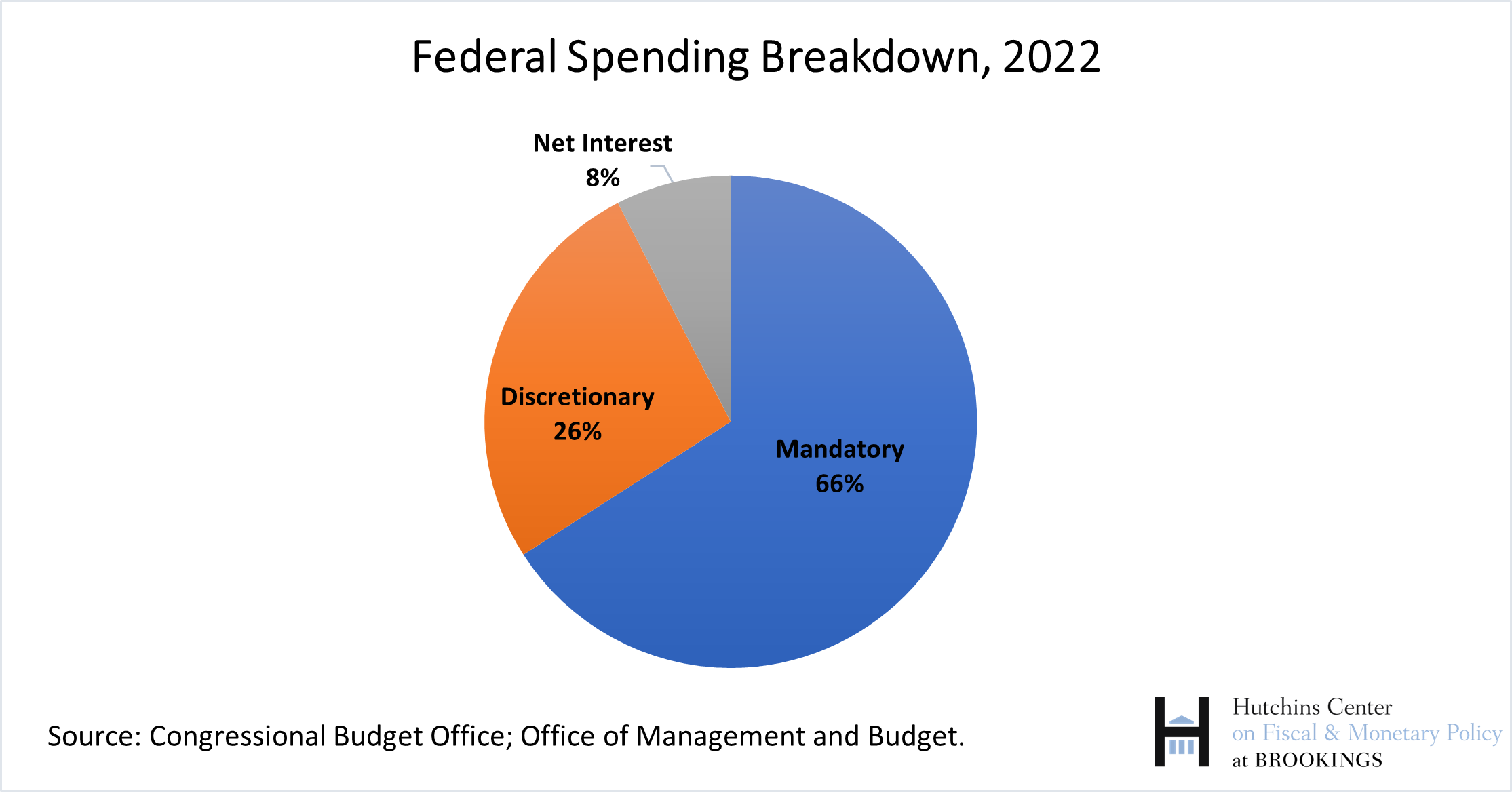Discretionary spending is federal spending that must be appropriated by Congress every year. In 2022, it represented a little over a quarter of all federal spending and... A discretionary expense is a non-essential expense that is incurred by an individual, household, or business. Another way to think of discretionary expenses is to classify them as “wants” instead of “needs.” Discretionary expenses are costs without which businesses or households can survive. As such, they are defined as being wants rather than expenses that are needed. This means a...
Discretionary expenses are costs without which businesses or households can survive. As such, they are defined as being wants rather than expenses that are needed. This means a... • Discretionary expenses are non-essential costs that can be adjusted or eliminated to free up money for savings or other financial goals. • Examples of discretionary expenses include dining out, entertainment, vacations, and luxury items. Discretionary Spending is the amount of money a business spends on initiatives or projects meant to increase its overall profitability but isn't essential to its day-to-day operations. These costs can be avoided, but they are incurred as they comprise. Discretionary spending refers to the portion of a government budget that is allocated by lawmakers on an annual basis. Unlike mandatory spending, which is required by law on programs like Social Security and Medicare, discretionary spending is optional and decided through the budgetary process. Discretionary expenses refer to non-essential spending on goods and services that are not required to maintain basic living standards. These expenses are often associated with leisure, entertainment, and personal indulgence.
Discretionary Spending is the amount of money a business spends on initiatives or projects meant to increase its overall profitability but isn't essential to its day-to-day operations. These costs can be avoided, but they are incurred as they comprise. Discretionary spending refers to the portion of a government budget that is allocated by lawmakers on an annual basis. Unlike mandatory spending, which is required by law on programs like Social Security and Medicare, discretionary spending is optional and decided through the budgetary process. Discretionary expenses refer to non-essential spending on goods and services that are not required to maintain basic living standards. These expenses are often associated with leisure, entertainment, and personal indulgence. The US government spent $6.2 trillion in total in 2023, with $1.7 trillion on discretionary spending, $3.8 trillion on mandatory spending, and $659 billion on net interest. Discretionary spending includes funding for defense, education, transportation, and.
